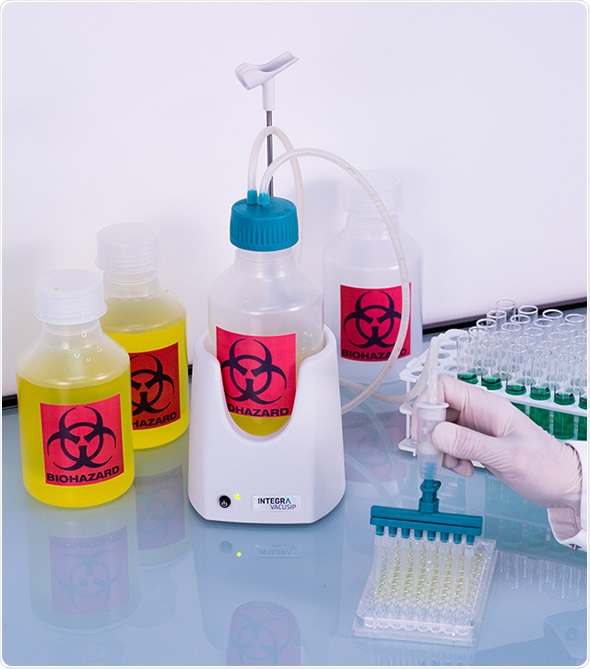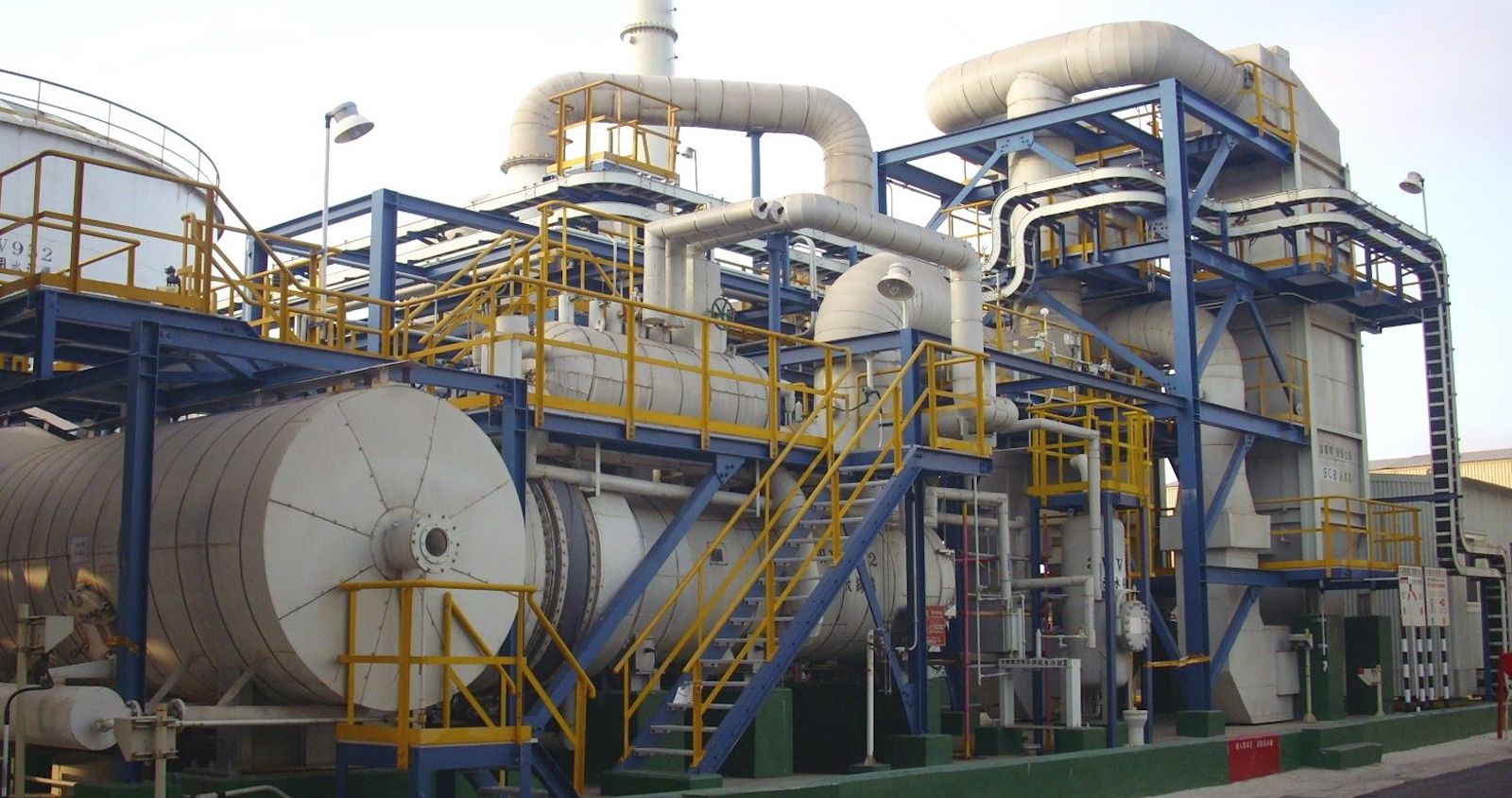Professional Liquid Waste Removal Melbourne: Quick and Economical Services
Professional Liquid Waste Removal Melbourne: Quick and Economical Services
Blog Article
Recognizing the Comprehensive Process of Fluid Waste Disposal: Finest Practices and Environmental Influence Considerations
The management of fluid waste disposal is a diverse problem that needs a thorough understanding of numerous best techniques and their associated ecological influences. From the kinds of liquid waste created to the techniques used for collection, treatment, and last disposal, each action plays an important role in guarding ecosystems and public wellness.
Kinds Of Liquid Waste
Recognizing the different kinds of fluid waste is crucial for efficient monitoring and disposal techniques. Liquid waste can be extensively categorized right into numerous types, each requiring special handling and treatment methods.
Industrial liquid waste typically has hazardous materials, including hefty metals, solvents, and chemicals, produced during producing processes. These wastes necessitate stringent regulatory compliance to safeguard human health and the atmosphere. Domestic fluid waste primarily refers to wastewater produced from houses, consisting of sewage and greywater, which, although less harmful, can still pose substantial threats if improperly taken care of.
Agricultural liquid waste, consisting of overflow from ranches, typically has fertilizers and chemicals that can lead to ecological degradation otherwise treated effectively. Clinical fluid waste, created from healthcare facilities, consists of contaminated liquids such as physical fluids and chemicals, needing specialized disposal methods to stop infection and environmental contamination.
Last but not least, oil and oil waste, normally created by dining establishments and auto industries, can create severe obstructions in sewer systems otherwise handled appropriately. Comprehending these groups helps with targeted methods for treatment, conformity with guidelines, and efficient disposal methods, eventually advertising environmental sustainability and public wellness security.

Collection Approaches
Efficient collection approaches are essential for the appropriate monitoring of fluid waste, making sure that it is collected safely and successfully prior to treatment or disposal. Different strategies are used depending on the kind of fluid waste created, the quantity, and the particular attributes of the waste.
One common approach is the use of committed collection tanks or sumps, which are developed to capture fluid waste at the resource. These systems commonly integrate pumps that assist in the transfer of waste to bigger storage containers or treatment centers. In addition, mobile collection systems geared up with vacuum cleaner modern technology are used in circumstances where waste is generated intermittently or in hard-to-reach areas.
For commercial setups, closed-loop systems can successfully lessen leakages and spills, enabling for the recovery and reuse of liquid waste. It is likewise vital to educate employees on appropriate collection procedures to reduce threats associated with harmful materials.
In addition, executing normal maintenance timetables for collection devices makes certain optimal performance and safety. The integration of sophisticated monitoring systems can boost collection performance by supplying real-time data on waste levels and potential threats. Overall, effective collection techniques are foundational to sustainable liquid waste administration methods.
Therapy Processes
Therapy procedures play a vital duty in the administration of fluid waste, transforming potentially harmful products into multiple-use resources or secure effluents - liquid waste disposal. These processes can be extensively classified into physical, chemical, and organic methods, each customized to resolve specific contaminants present in the waste stream
Physical therapy methods, such as sedimentation and filtering, job by eliminating put on hold solids and particle issue. These methods are usually the initial step in the treatment chain, successfully reducing the lots on subsequent procedures. Chemical treatments include making use of reagents to counteract harmful materials, precipitate heavy metals, or oxidize natural contaminants, therefore enhancing the security of the effluent.
Biological treatment processes, consisting of activated sludge systems and anaerobic food digestion, take advantage of the all-natural capacities of bacteria to deteriorate raw material. These techniques are particularly effective for wastewater including eco-friendly pollutants. Advanced treatment modern technologies, such as membrane layer filtration and progressed oxidation processes, are significantly employed to achieve greater degrees of purification.
Including a combination of these therapy techniques not just ensures compliance with governing requirements yet also promotes ecological sustainability by recouping valuable sources from fluid waste.
Disposal Options
Just how can companies ensure the accountable and safe disposal of fluid waste? Reliable disposal choices are critical for safeguarding public health and wellness and the atmosphere. The main approaches consist of land incineration, therapy, and disposal complied with by discharge right into metropolitan wastewater systems.
Land disposal includes the mindful containment of liquid waste in marked landfills, making certain that it does not seep right into bordering soil or water. Incineration, on the various other hand, topics liquid waste to high temperature levels, converting it right into ash and gases, which require correct purification to minimize discharges. This approach is suitable for harmful wastes that can not be treated through typical means.
In situations where fluid waste can be treated, companies may select chemical or biological treatment procedures to reduce the effects of dangerous components prior to releasing the treated effluent right into community systems. This path usually lines up with governing requirements, ensuring that the effluent meets security standards.
Eventually, organizations must carry out comprehensive evaluations of each disposal choice to determine its feasibility, considering elements such as waste composition, governing compliance, and potential risks to health and wellness and the environment. By picking suitable disposal methods, businesses can add to an accountable waste monitoring method.
Environmental Effect
The ecological impact of fluid waste disposal is an important consideration for organizations seeking to reduce their environmental footprint. Additionally, the discharge of neglected or improperly dealt with waste into surface waters can result in eutrophication, leading to oxygen depletion and the subsequent fatality of fish and other microorganisms.

To minimize these impacts, organizations need to take on ideal pop over to this site techniques such as applying strenuous waste therapy processes, advertising recycling and reuse, and adhering to regulative criteria. By taking a positive technique to fluid waste management, entities can dramatically minimize their ecological footprint while supporting lasting growth goals. Eventually, a comprehensive understanding of the environmental effects related to liquid waste disposal is crucial for educated decision-making and responsible stewardship of natural deposits.
Conclusion
Effective monitoring of liquid waste is vital for guarding environmental integrity and public wellness. Inevitably, a detailed understanding of liquid waste disposal not only mitigates ecological impacts but also promotes a dedication to accountable resource management and environmental stewardship.
The administration of fluid waste disposal read this is a diverse issue that requires an extensive understanding of different ideal practices and their connected ecological impacts. From the kinds of liquid waste created to the approaches used for collection, treatment, and last disposal, each action plays a critical duty in securing ecosystems and public wellness.The environmental effect of liquid waste disposal is an essential factor to consider for companies looking for to lessen their ecological footprint. Ultimately, an extensive understanding of the environmental impacts linked with liquid waste disposal is vital for informed decision-making and accountable stewardship look here of all-natural sources.
Eventually, a thorough understanding of fluid waste disposal not only minimizes environmental influences but also promotes a dedication to liable source administration and environmental stewardship.
Report this page